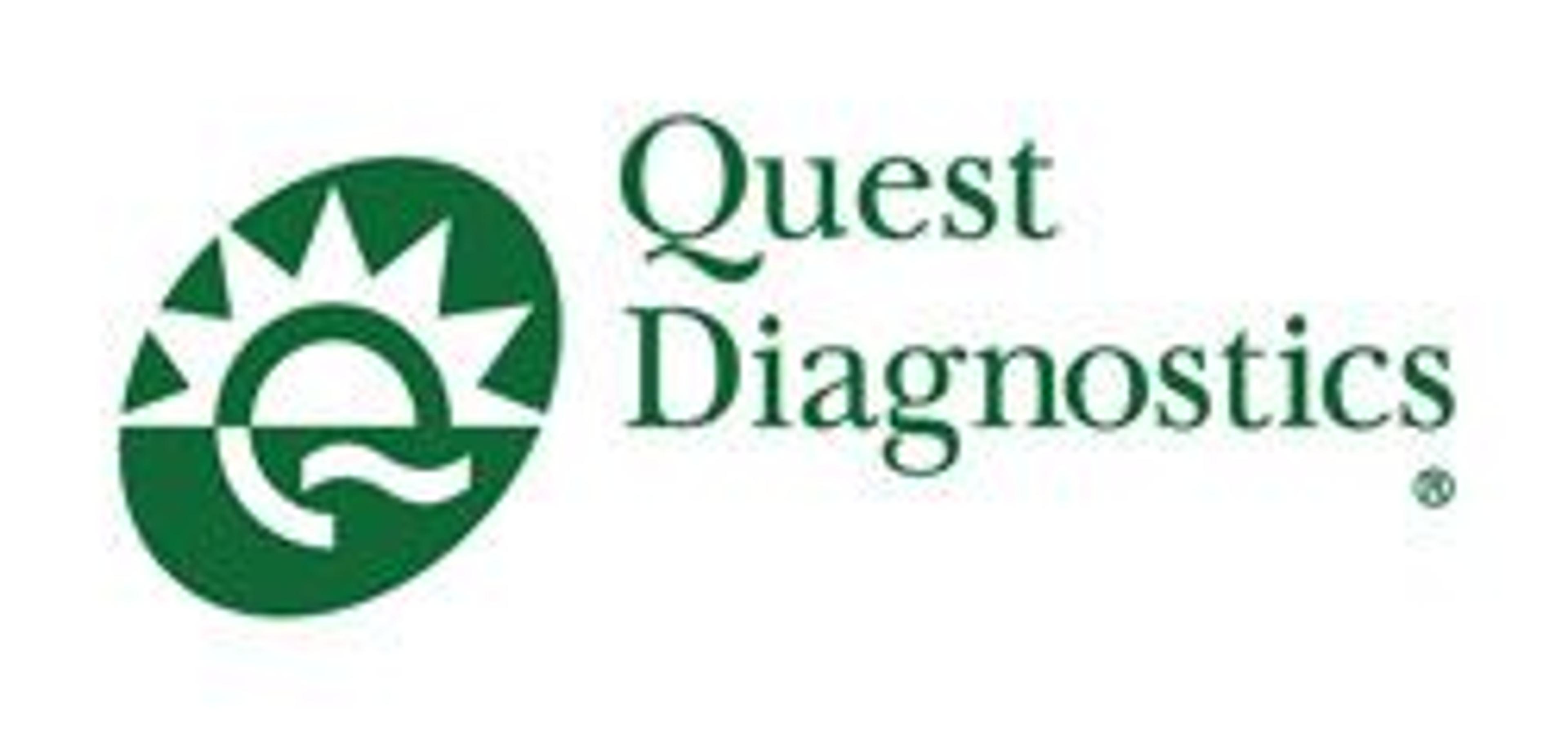Quest Diagnostics Extends Endocrine Diagnostics Menu
17 May 2012
Quest Diagnostics has extended its endocrine diagnostics menu with the introduction of four new tests panels for congenital adrenal hyperplasia (CAH), an endocrine disorder found in newborns, children and women. The panels are designed to overcome limitations in conventional testing to provide faster, high quality diagnosis of CAH in a single analysis.
"CAH is challenging to diagnose, and often escapes fast detection and treatment," said endocrinologist Richard E. Reitz, M.D., medical director, Quest Diagnostics, and chair, Endocrine Division, Quest Diagnostics Nichols Institute. "We designed our new CAH panels to aid in assessing the different patient populations affected by CAH using the most advanced analytical-test method available. We believe these panels will improve the quality and timeliness of diagnosis of CAH for many patients."
CAH is an endocrine disorder, typically inherited, that causes an overproduction of androgens, a family of so-called male hormones that include testosterone. The condition can accelerate the development of male features in newborns and children of both genders. In newborns, CAH can be fatal if untreated, and CAH screening of newborns shortly after birth is widely performed in the United States.
The new offerings feature a comprehensive panel for newborn screening for CAH. The panel enables analysis of all 13 steroids associated with CAH using the highly sensitive and specific liquid-chromatography tandem mass spectrometry (LC/MS/MS) measurement technique. The test can be performed on a sample volume of 0.1 milliliter, making it well suited to newborn heel-prick sample collection.
By comparison, conventional clinical CAH test offerings generally require clinicians to measure CAH-associated steroids using different tests and require a much larger sample volume. In addition, some clinical tests are based on immunoassays, which may be less reliable at measuring levels of certain steroids in children and women than LC/MS/MS. The Endocrine Society recommends testing by LC/MS/MS to evaluate CAH and other hyper-androgenic disorders.
The company also has introduced three additional CAH panels by LC/MS/MS One panel aids in diagnosing acute stress conditions in newborns that can be misdiagnosed for CAH. Another panel aids in diagnosing and managing children and adults with the most common forms of CAH, which are caused by 21-hydroxylase or 11-hydroxylase enzyme deficiency. A fourth panel aids in differentiating non-classic CAH from polycystic ovary syndrome (PCOS), a highly common androgen disorder in women that shares similar symptoms with CAH.
The new panels were developed at Quest Diagnostics Nichols Institute, the advanced research, development and testing center of Quest Diagnostics. Its endocrinology diagnostics services focus on diabetes, thyroid disease, adrenal dysfunction, reproduction, metabolism and pediatric endocrinology.

